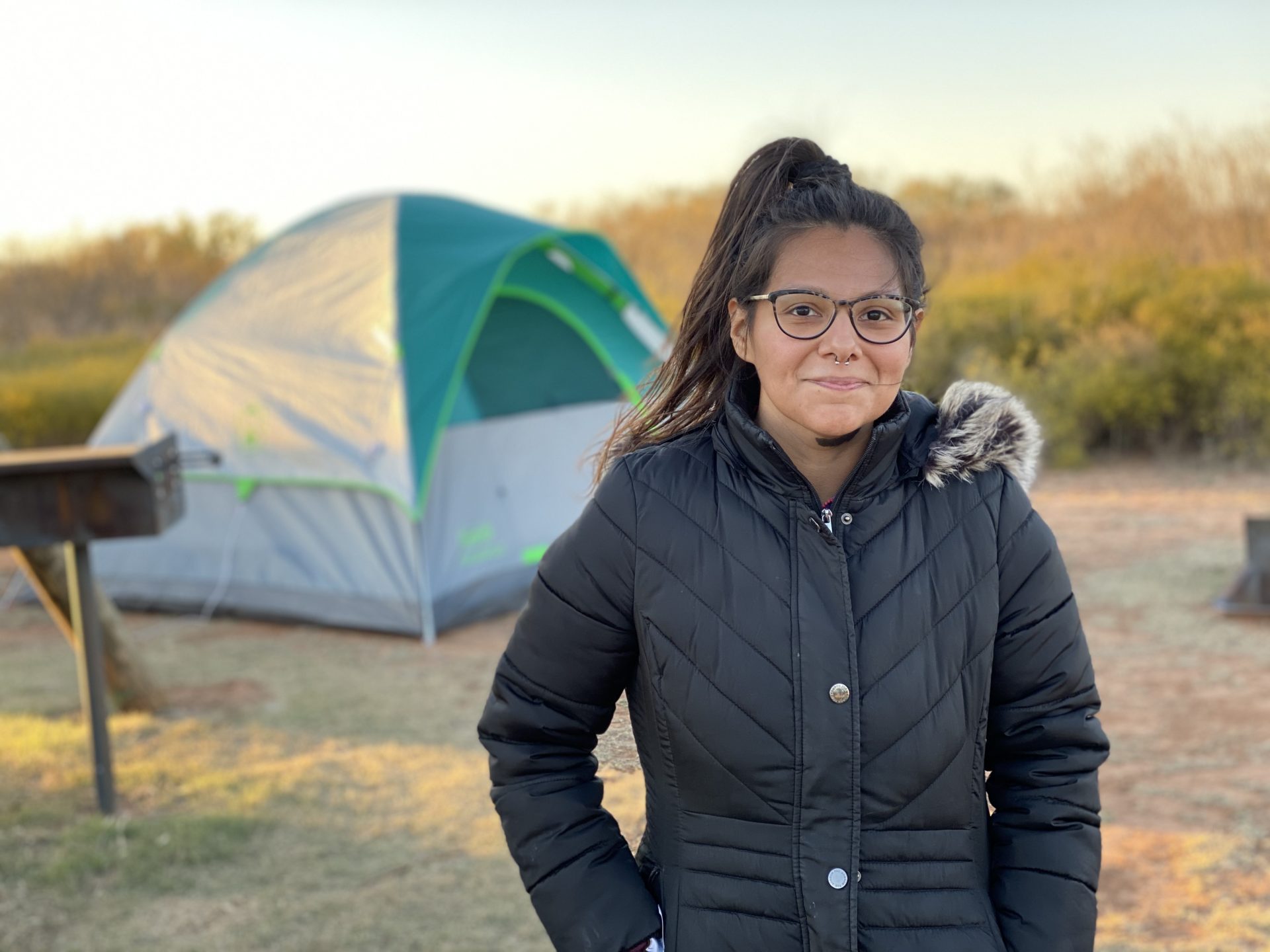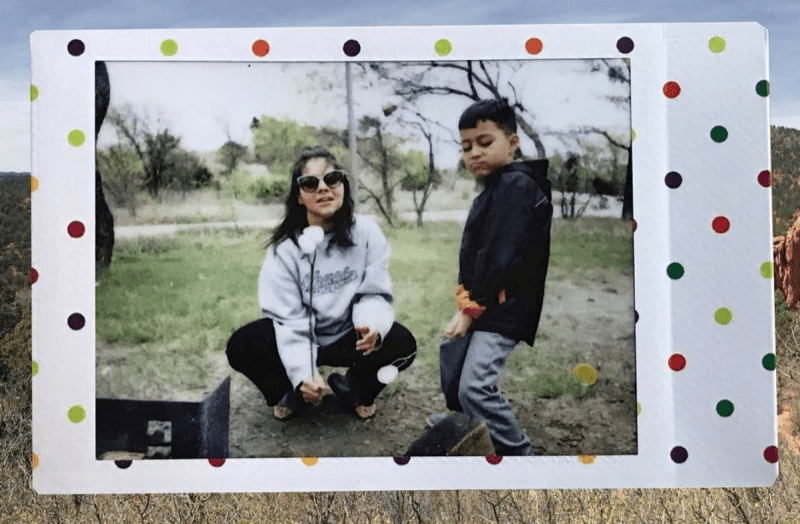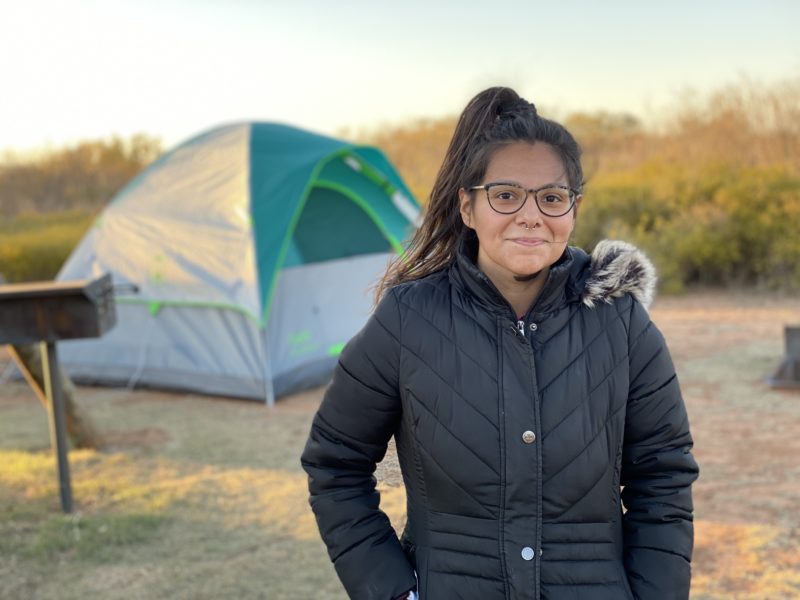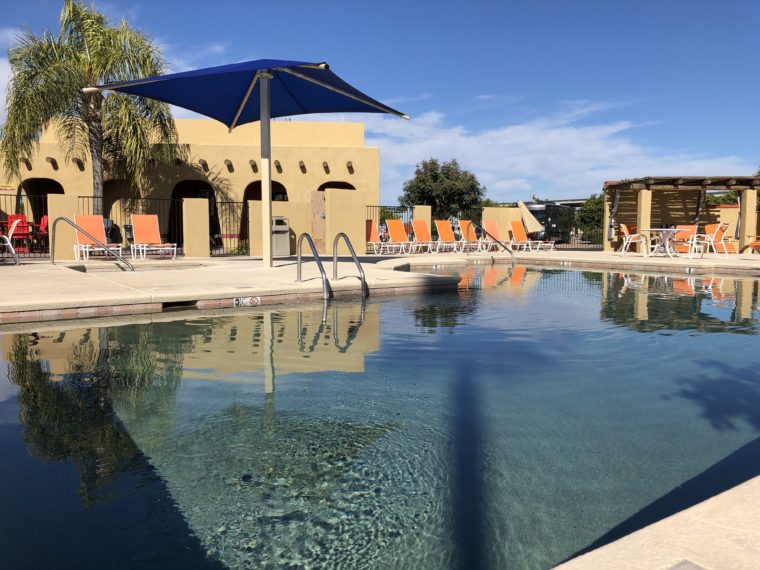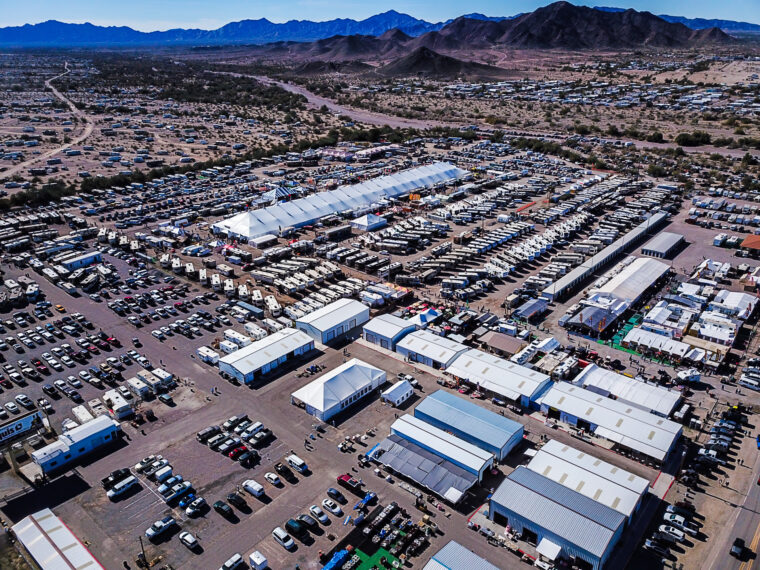Opinion: By Jenn Sanchez
A child’s shrill voice interrupts my shaded afternoon reading, ”Look it’s a Mexican hammock!” I immediately pop my head up to see a White family walking past my campsite. The parents, showing no traces of embarrassment, shooed the unfiltered megaphone that is an 8 year-old along. I lay there, amazed by what I had just witnessed. Why did he think my hammock was Mexican? Sure, the geometric print (named KilimRed by ENO) looks “ethnic”, but it’s definitely not Latin. In fact, the only thing Mexican about it is that a Mexican was laying in it. While I don’t blame the young candid camper for his assumptions, he did leave me questioning my comfortability outdoors. If Nature is for everyone, where are all my People of Color?
As a child, I never went camping or spent much time outside. My family’s idea of the great outdoors was walking from one end of a shopping strip to the other. In my mid- 20’s, my good friend Monica took me on my first camping trip, and that’s when my love affair with the outdoors began. She taught me the ropes: how to pitch a tent, what snacks to bring on a hike, never to forget shower shoes. Monica let me borrow extra gear, hand me downs from her folks. Her parents had taken her camping every year as a child, and she was now instilling her great wisdom onto me.
Parents who take their children camping are the first link of introduction, and often those kids are more likely to camp as adults. For many, spending time outdoors isn’t just a weekend activity, it’s a cherished tradition mostly practiced by middle-class white families. POC families in these spaces don’t feel welcomed which leaves our under-represented Black and Brown children at an enormous disadvantage. They aren’t afforded the privilege of early initiation, an encouraging atmosphere, and gentle guidance that builds confidence in the outdoors. With no one to teach them the liberating joy of exploring Nature, the tradition fizzles out before it even has a chance to begin. Learning to camp as an adult is very possible with help from seasoned campers, and a willingness to try; I’m proof of it. Nevertheless, it’s early exposure to the outdoors that guarantees a lifelong Nature lover.
Of course, there’s more to the outdoors than just camping. Trail running, fishing, and biking are the most popular outdoor activities, yet less than 30% of participants are POC. It has nothing to do with a lack of interest; my friends and family like to run and bike just as much as the next person. What it all boils down to is opportunity. POC need accessibility to the myriad of outdoor activities if they are to become a part of their lifestyle. The probability of hitting up the gym is greater if it’s close to your home, the same holds true with spending time outside if green spaces are accessible. Not surprisingly, these facilities are mostly found in higher socioeconomic areas, the suburbs and rural counties that are predominately White. What we really need are parks, trails, campgrounds, and Nature preserve in the intercities, where POC are more likely to call home.
In a perfect world everyone has the freedom to explore Nature fearlessly – but is that realistic? Recently, the Black Lives Matter movement has spotlighted the deeply embedded systemic racial injustice, police brutality, and implicit biases that have been present in our society for centuries. Take, for example, Ahmaud Arbery, a Black man in Georgia brutally murdered while jogging, and Christian Cooper, a Black man who had the cops called on him by a White woman for bird watching in Central Park. These incredibly tragic yet infuriating crimes paint a chillingly clear image; it is not safe to be Black outside.
If POC, especially African Americans, do not feel safe in their own communities they’re not going to set out and explore Nature. Having to learn a new skill set, like camping, in unfamiliar territory is already discouraging as it is. We need to provide a safe, nurturing environment so there can be more opportunities for POC to be vulnerable and explore the landscape.
Ultimately, what the outdoors lacks is inclusivity. Camping, hiking, and almost all outdoor activities are whitewashed. For POC access to the outdoors is scarce, unsafe, and representation is almost nonexistent. And I know you’ve heard this before, but it doesn’t make it any less true – representation matters. Seeing someone who looks like you in a space you don’t normally embody is comforting and empowering. I’m urging my POC to get outside, take up space, and enjoy Nature in all her glory. Make use of green spaces that are accessible to you. Take your children out for fresh air. If you’re nervous about engaging in the outdoors alone, ask a group of friends to accompany you. Nature is here to heal, to cleanse, and to bring joy. I can’t think of a group of people who deserve it more than my Black and Brown families.
